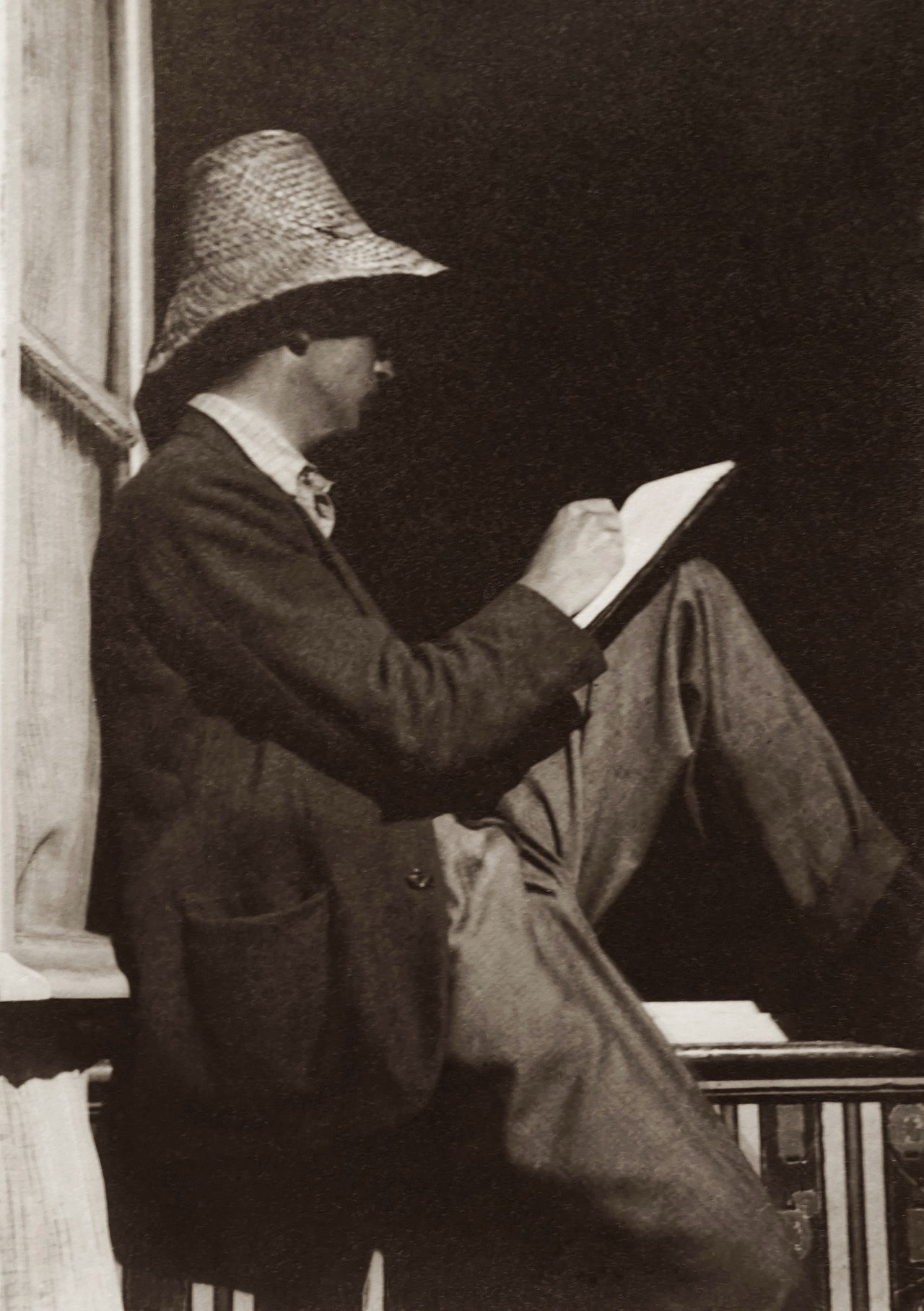Every reader can relate to vulnerability and to the glimmers of bravery we show to face it.
The common threads of vulnerability and bravery weave us together as human beings.
But I was not used to revealing these qualities in my writing.
I was used to writing research reports and grant proposals. For these sorts of documents, personal vulnerability and bravery had no place.
As I stepped outside my professional writing role and began to write about my own experience, a novelist friend advised me to embrace vulnerability and bravery—and risk revealing it to my readers.
She advised: “Dare to be misunderstood.”
This advice was intuitively appealing to me. I wanted to see what it was like to show up more fully when I wrote, both for myself and for the reader.
If you are looking to bring more vulnerability and bravery to your writing, here are four practices that I’ve found helpful:
1. Hold experience with dignity before sharing it with readers.
I found it important to bring dignity to my experience before letting others in to see it.
If I didn’t respect what I had been through, how could I expect readers to?
For example, the first piece I wrote with a personal voice was entitled: Autopsy of a Dead Article. I wrote this after struggling mightily with a paper that I could never get to hang together. Its purpose remained muddled and the audience never seemed clear. After four drafts—I gave up.
I wanted to write about what I learned from my experience with this paper. But I couldn’t at first. I was angry with myself for having failed to bring the paper to fruition.
I felt weak as a writer and even confused as a person. Old feelings of “not being enough” arose.
After several weeks, I began to find my dignity in this aborted writing experience. I stopped being so self-critical. I became more open to learning from what went wrong. And in the learning, I sensed moments of bravery.
The bravery wasn’t about pumping up my ego—it was about having the courage to let go of my familiar pattern of self-judgment. It was about standing tall in my experience rather than shrinking back from it.
From this place of self-dignity, I was able to write an honest article about where I went wrong and what I learned. When I could believe that my experience was worthy of my own consideration, then I could believe that readers might find it worthy of theirs.
2. Invite readers along without trying to convince them.
I’m learning to invite readers to walk alongside me.
I want them to join me as I bring my personal experience and reflections to a topic, bump into my own vulnerabilities, and find a spark of bravery to lift me to a better place.
What I don’t need to do is convince a reader of the validity of my point of view. I don’t need to be right or to prove that I am. I need only to be honest about my experience and the meaning I am making from it.
When writing as an invitation to readers rather than a persuasion, my novelist friend urged me to “dare to be misunderstood.” She felt I had a tendency in some of my writing to overexplain and over defend a point. When I wrote with such vigilance about others’ possible reactions, I lost contact with my own experience.
I can dare to be misunderstood, as my friend suggested, if I let go of the need to persuade. I can remember that readers are not judging the strength of my arguments but the authenticity of my exploration.
Daring to be misunderstood is a way of trusting my audience to fill in with their own humanity what I leave open in my words.
3. Offer a glimpse into personal vulnerability and bravery, not an analysis.
When I converse with readers in a personal voice, sharing my vulnerabilities and my courage is a way of being real and human. It feels neither genuine nor satisfying to withhold the parts of myself that are stuck, unhealed, or needlessly limited. By the same token, it feels artificial to deny the times when I reach beyond old fears and comforting habits to challenge my edge.
Yet, personal writing for publication is not the same as talking in a therapist’s office. In publications, I don’t want to analyze in great depth the limiting beliefs that keep me small or the varied factors that give rise to my occasional bravery.
If I get too detailed about my emotional life, I risk bogging down the reader in the idiosyncrasies of my narrative.
Also, I don’t want to make my vulnerability and bravery ends in themselves. I want my experience to illuminate something larger and more universal for the reader.
In an article on letting go of tight expectations in yoga and life, I pointed out my vulnerable tendency to hold rigid expectations. But after touching on this tendency, I described practices to overcome it. My intention was not merely to describe what I felt or did but to shine a light on actions that others could take as well.
Getting stuck in self-analysis is not what personal writing is about. It’s about bringing the reader into an experience of vulnerability and growth that they can recreate in their own terms.
4. Stay open to mundane vulnerability and everyday bravery.
When I first started writing about my personal experience, I thought of vulnerability and bravery in terms of high drama. I was vulnerable to feeling abandoned and knew that I sometimes engaged in people-pleasing behaviors to keep others paying attention to and liking me. A lurking fear of abandonment seemed like the kind of dramatic Achilles’ heel that I should be revealing in my writing, or so I thought.
Perhaps I had learned not to get stuck in an analysis of such deep-seated problems. But I still thought I owed it to myself and my readers to bring my fatal flaws into the picture.
Bravery, for its part, seemed like an equally dramatic feat, like launching myself on a quest to conquer the people-pleasing impulse and achieve greater inner security.
But as I experimented with personal writing, I began to see that my vulnerabilities consisted as much in small foibles and flaws as in big and dark character defects.
I’m writing this article at 3:30 a.m. I always get hooked by what I’m writing and can’t seem to put it aside for long, even when it’s time to sleep. This is an issue that I should work on. But it’s not a crippling weakness.
Bravery, too, can be quite ordinary. It could mean facing, rather than avoiding, an emerging conflict with somebody I’m close to before the conflict gets worse.
Personal writing that resonates with readers includes glimpses of vulnerability and traces of bravery—but those markers of our humanity needn’t be larger than life—they can be part of our everyday flow.
We might even chuckle at ourselves for our small but stubborn vulnerabilities and ordinary, often unsuccessful, attempts at bravery.
If we can bring light to our mundane human qualities, others may see the light in theirs.
~











Read 6 comments and reply